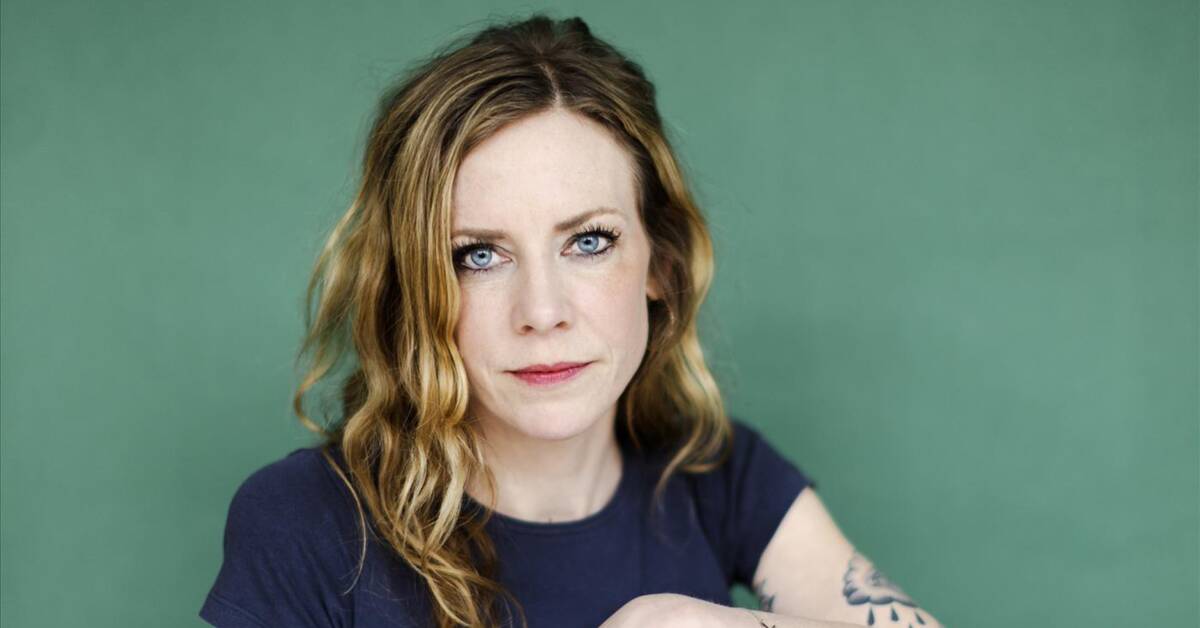In an opening paragraph, Sara Meidell sets out the rules: "Don't ask questions about when it starts, it starts with me".
And "Ask not your own or anyone else's significance, I am all that matters."
And so she writes
a case study, but Meidell reverses the narrative power in that she writes the study of her own case.
This is not, as one would expect, a story about the fight against an illness and it does not end with a recovery.
It is a story about a life in anorexia and the author is determined to continue her high-functioning life in it.
I read the ending over and over again, mistrusting my own interpretation, Meidell is not crystal clear about the current situation, but I can't understand it any other way: as the seasoned addict, she says she has it under control, she has acquired expert knowledge of to control one's own self-starvation.
The costs are offset by
the unique experiences.
Then including the cost extracted from the severely codependent children, who imperceptibly help mom sneak away food and juice glasses at functions, who are always worried that mom will be dead if she doesn't quickly respond to a goodnight emoji;
the children who under the slogan "we are not herd people" were forcibly recruited into the intricate construction of preventive behaviors and lies needed to create space for the anorexia in a rich social and professional life.
In brief glimpses
, she highlights self-starving women from cultural history – Karen Blixen, Joan Didion, Sigrid Hjertén.
She also draws parallels to the hunger strikes of the British suffragettes, but to me it looks like cheating and fakery when Meidell wants to weave the very grandiose thread into her own case: there is no kinship between purposeful political action and the form of self-starvation we call anorexia .
Meidell calls hunter mode
the acute state of alarm the brain goes into when the body is close to dying from malnutrition, a kind of extreme alertness and weightlessness.
The hunter's mode is her drug, and the assessment that it is a deeply aspirational condition remains intact at the end of the book.
Also intact is
the sharp line Sara Meidell draws between herself (and her chosen fellow sisters) and the normal-weight idiots, the herd people, the muggles who lack the capacity to understand the magic of self-starvation.
That's a pretty shocking stance.
"Out of my body" is a sharp, harsh depiction of a life with active anorexia, very beautifully written, completely imbued with the value system of active anorexia.
It can certainly
win an August award.
I'm even more convinced that it will become a self-harm bible for girls, who can find validation in belonging to an exclusive sisterhood with Blixen, Didion and Meidell.
It is a heavy authorial responsibility Sara Meidell takes on.

